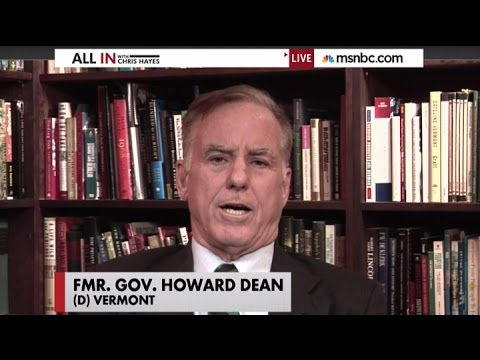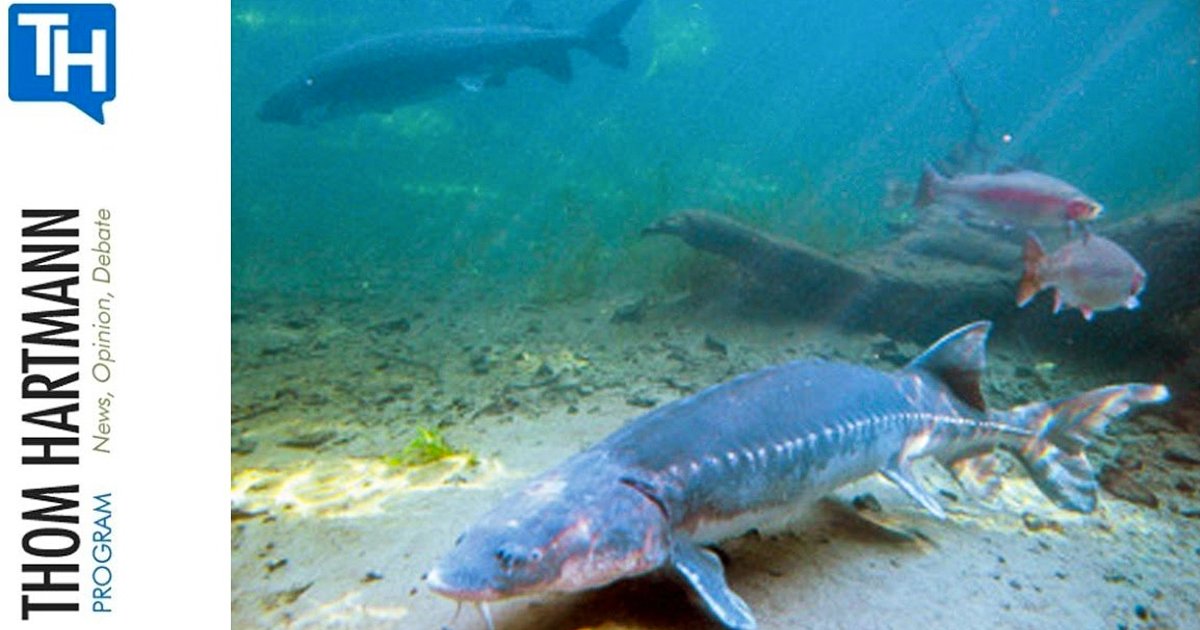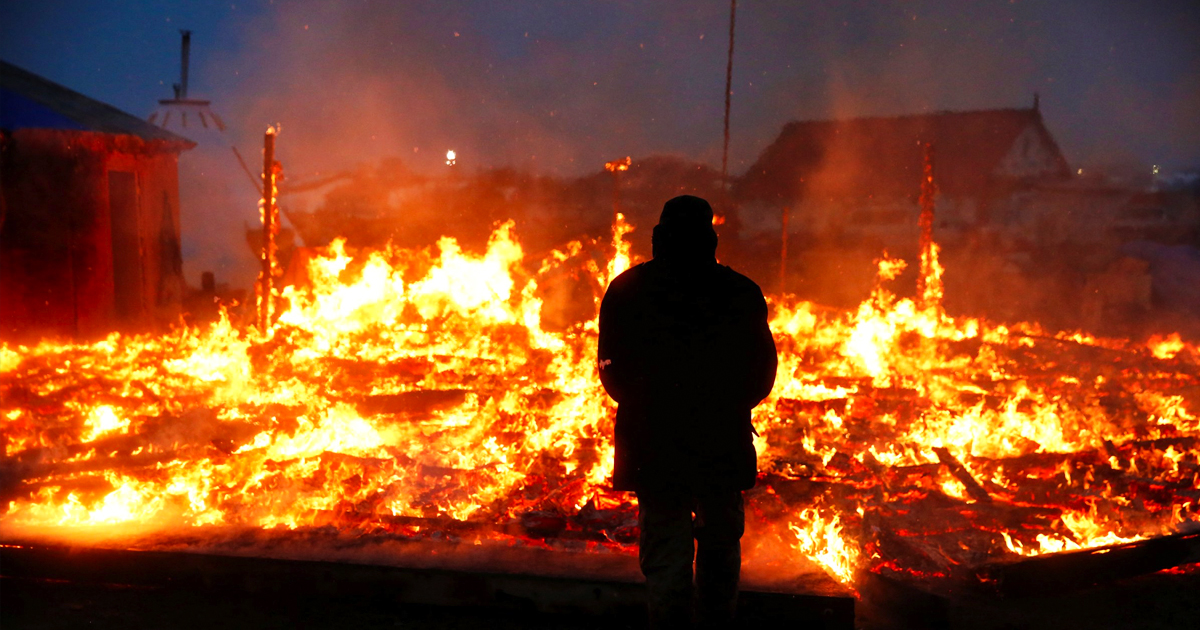Amazon Watch (AW), a nonprofit organization fighting to protect the Amazon rainforest and its indigenous people, received dozens of internal company videos from a Chevron whistleblower, EcoWatch reported.
“I hope this is useful for you in your trial against Texaco/Chevron,” read the attached note, signed “A friend from Chevron.”
The videos include footage of Chevron employees and consultants visiting former well sites, trying to find areas with uncontaminated soil and water to use for trial-judge-monitored site inspections.
“The problem is they couldn’t do it,” said EcoWatch. “In the videos, the employees can be heard laughing about how they just can’t find a sample without crude oil in it.”
The footage shows some of the lengths Chevron was willing to go in order to avoid taking responsibility for its actions.
“While it’s technicians were engaging in fraud in the field,” said AW’s director of outreach Paul Paz y Miño, “Chevron’s management team was launching a campaign to demonize the Ecuadorians and their lawyers as a way to distract attention from the company’s reckless misconduct.”
In 2011, Chevron lost a $19 billion judgement over the massive amount of pollution and contamination it caused in Ecuador’s Amazon River Basin. Rather than accept the judgement, the oil giant launched an all out attack.
During the trial in Ecuador, Chevron:
- Orchestrated a deceptive “sting” operation involving a former Chevron employee and a convicted felon who attempted to bribe the sitting judge.
- When the scandal unraveled, Chevron helped move the former employee to the U.S. and continues to pay his rent, legal counsel and a generous monthly salary, though he does no work for the company.
- Worked with the Ecuadorian military to fabricate a false military report which delayed crucial judicial inspections of contaminated sites.
- Selected soil and water samples from conveniently illogical places, such upstream from contamination sources.
- Used an “independent” laboratory operated by the wife of a Chevron employee to process its sampling evidence, where samples were swapped or destroyed.
- Offered a former judge in the case a literal “suitcase full of cash” and helped move him to the U.S.
- Offered the judge who issued the verdict a $1 million bribe in exchange for a favorable verdict. He rejected the bribe.
Then in March of 2014, a federal judge in Manhattan “ruled that a two-decade legal effort to punish the company was marred by fraud and corruption, making it increasingly likely that the oil company would be ultimately successful in beating back the legal and financial challenge,” the New York Times reported.
Chevron even had the nerve to accuse the lawyer for the Ecuadorians, Steven Donziger, of engaging in “a conspiracy and criminal conduct.”
Donziger and his team were accused of having “ghostwritten a crucial environmental report by an independent expert to the Ecuadorean court deciding the case and even participated in the bribing of a deciding judge.”
Judge Lewis Kaplan said that “an innocent defendant is no more entitled to submit false evidence, to co-opt and pay off a court-appointed expert or to coerce or bribe a judge or jury than a guilty one.”
Donziger, who called Chevron’s attack a “well-funded corporate retaliation campaign,” said in a statement:
“This is an appalling decision from a deeply flawed proceeding that overturns a unanimous ruling by Ecuador’s Supreme Court. The decision is full of vitriol, based on paid evidence from a corrupt former judge.”
Chevron Chairman and CEO John Watson has said that the decades-old fight will end when “the plaintiffs’ lawyers give up.”
Later this month, a federal appellate court is scheduled to hear arguments in Chevron’s appeal over a 2011 ruling against the oil giant after it “obtained an unprecedented ruling purporting to block enforcement of the Ecuador judgment anywhere in the world,” according to AW. “This time, Chevron is seeking to block collection of the judgement anywhere in the world via an order that the villagers argue violates domestic and international law and has no precedent.”
“These explosive videos confirm what the Ecuadorian Supreme Court has found after reviewing the evidence: that Chevron has lied for years about it’s pollution problem in Ecuador,” said AW’s Ecuador Program Director Kevin Koenig.
“The videos show company technicians discussing in stark terms the presence of oil pollution in places where they told the court it didn’t exist. This is corruption caught on tape.”
Watch footage from the Chevron tapes, posted by Amazon Watch.




